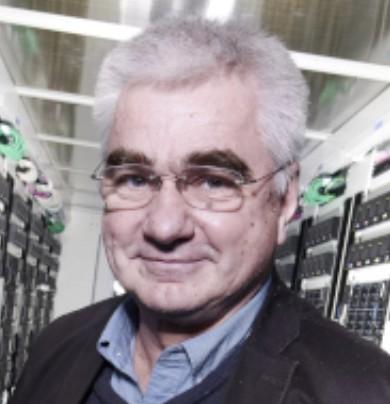I first encountered artificial intelligence (AI) almost thirty years ago. At the time, I was analysis coordinator of the L3 experiment and a young researcher. A group of students proposed using artificial neural networks and I remember the more senior members of the team were skeptical. But we got the idea approved and achieved great physics results. In the intervening years, machine learning techniques have completely transformed particle physics analyses.
Fast-forward to today and I’m surprised by the broad applications and many ideas across CERN. Not only has AI transformed research, but it has also penetrated all sectors of the Organization. Could CERN live without AI? The answer is no.
Last week, the Enlarged Directorate approved a CERN-wide AI strategy incorporating many pre-existing CERN AI initiatives. Built over the last months, this will provide the basis for the development of a coherent approach for the Organization. It unites sector-specific implementation plans and strives for responsible, open and impactful use of AI to advance science and operational excellence, strengthen CERN’s community and contribute to society.
The strategy includes general principles for the use of AI at CERN and a vision for the years ahead based around four main goals:
- Scientific discovery
- Productivity, efficiency and reliability
- Attract, develop and retain talent
- Enable AI at scale through strategic partnerships and societal impact
Having an overarching strategy is a must for CERN to make use of AI for our mission in all sectors. Though applications may be different across research, operations and administration, the use of common tools and the sharing of experiences is invaluable.
Moving forward, CERN needs to further develop the strategy and to put in place a prioritised implementation plan to bring it to life and make the most of AI for our mission. This means coordinated collaboration with Member States, through EU programmes and with industry to accelerate capacity building, access infrastructure and secure funding. From the HL-LHC through to future accelerators and detectors, CERN will need to rely on intelligent automation, advanced data-driven decision making and scalable computational insight.
AI is fundamentally reshaping how science is done. It’s no longer an accessory but a strategic imperative.

